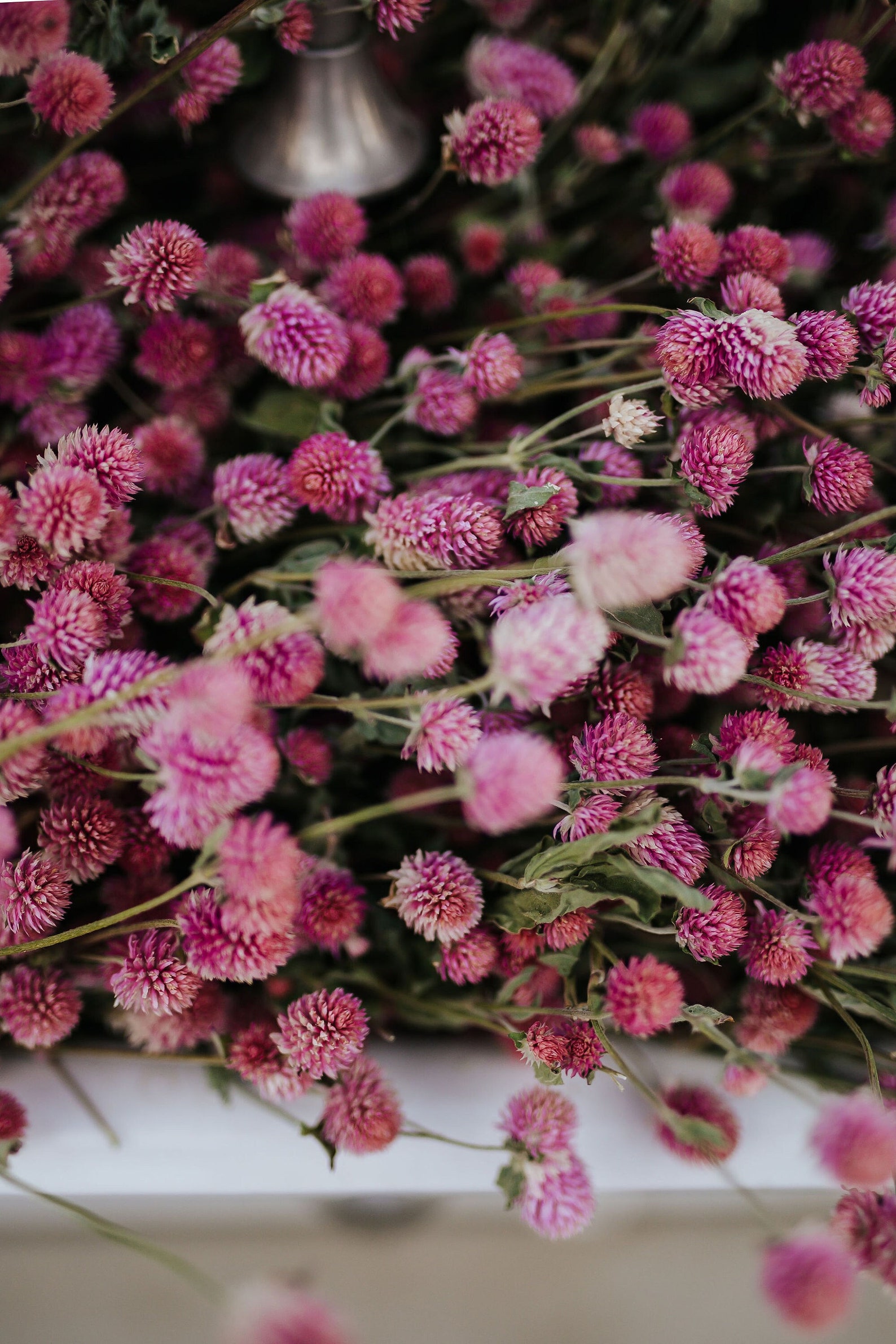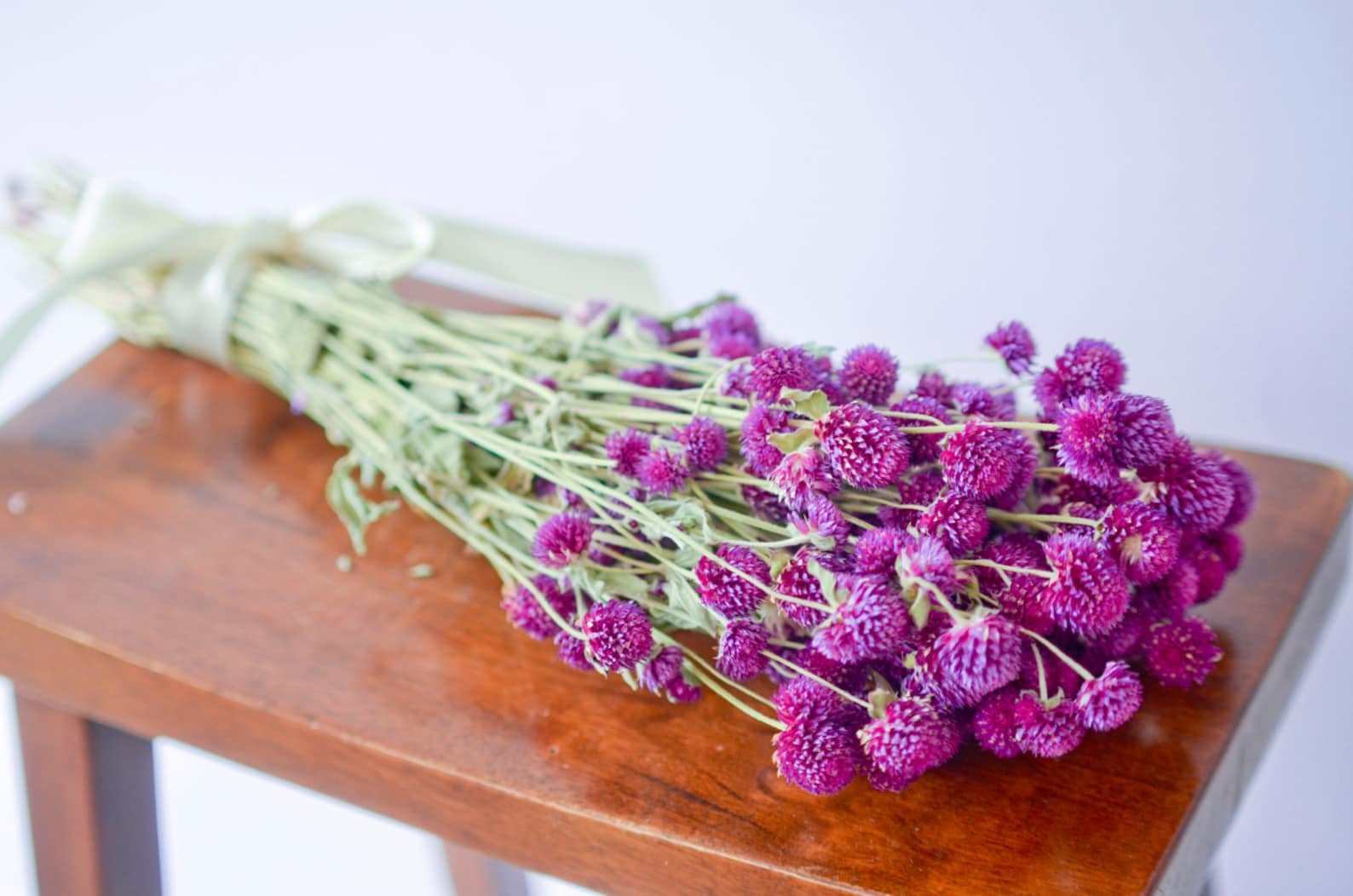


Neutral color palettes have long been favored in interior design for their timeless elegance and versatility. They create a calm and serene atmosphere, making them ideal for a variety of decor styles, from minimalist to rustic to bohemian. Dried amaranth, with its earthy texture and soft tones, is a perfect addition to neutral color schemes, offering both visual interest and a natural aesthetic. In this article, we’ll explore how to style dried amaranth in neutral color palettes, covering various techniques, design tips, and creative applications to elevate your home decor or event styling.
Neutral colors typically include shades like beige, ivory, taupe, gray, and white. These tones serve as a backdrop that allows other elements in the space to shine, while also creating a sense of balance and harmony. Neutrals can also be combined with various textures and patterns without overwhelming the space. When styling dried amaranth within this palette, it’s important to consider how its natural colors and textures will complement these calming hues.
Dried amaranth can range in color from deep reds and purples to soft browns, golds, and greens, making it a versatile floral choice. When selecting dried amaranth for neutral color schemes, aim for softer tones, such as beige or golden amaranth, to maintain cohesion with the overall aesthetic. Alternatively, the deep red or purple varieties can be used sparingly for contrast.
When choosing dried amaranth to style in neutral palettes, it’s essential to focus on varieties that complement the tones of the space rather than overpower them. Here are some popular varieties and how they work within neutral schemes:

Dried amaranth can be the perfect centerpiece or accent in neutral floral arrangements. Whether used in a vase, as part of a wreath, or integrated into a larger display, its natural texture adds depth to an arrangement without disrupting the calm, balanced tones of the palette.
When arranging dried amaranth in a vase, choose neutral vessels that will complement rather than compete with the flowers. Ceramic vases in shades of white, gray, or taupe are ideal. For a minimalist look, place a few dried amaranth stems in a tall, narrow vase, allowing the structure of the flowers to shine. In contrast, for a more eclectic or bohemian aesthetic, mix dried amaranth with other neutral florals such as pampas grass, dried eucalyptus, or bunny tails to create a fuller, more dynamic arrangement.
Neutral wreaths made from dried amaranth can bring an understated elegance to your home. For a modern touch, incorporate white or beige amaranth into a simple hoop wreath with sparse greenery or dried grasses. This can be hung on the wall, a door, or used as part of a seasonal centerpiece. The muted tones of the amaranth will blend seamlessly with natural elements like driftwood, linen, or soft fabrics.
For larger wall installations, combine dried amaranth with other neutral florals and textures. You can create an eye-catching focal point by mounting an array of dried flowers on canvas or within a shadowbox. Keep the arrangement airy and light, focusing on soft textures and colors that complement the room’s palette.
The versatility of dried amaranth makes it suitable for a range of interior styles, especially those that emphasize a neutral color palette. Below, we’ll explore how to incorporate dried amaranth in various design aesthetics:
In minimalist spaces, where simplicity is key, dried amaranth’s natural texture can serve as a quiet statement piece. Use a single stem or a small cluster of beige or golden amaranth in a sleek, neutral-colored vase. To maintain the minimalist aesthetic, avoid overwhelming the space with too many elements. Allow the amaranth to stand alone, drawing attention to its form and texture.
Bohemian interiors often embrace a mix of textures and earthy tones, making dried amaranth a natural fit. In this setting, combine amaranth with pampas grass, dried palm leaves, and other wildflowers. The dried florals can be arranged in baskets, vases, or even hung from the ceiling in a macramé plant holder for an artistic touch. The deep red or mauve tones of amaranth can add richness to the space, while still keeping with the neutral boho vibe.
Rustic interiors celebrate natural materials, weathered wood, and an overall warmth that pairs perfectly with dried amaranth. Incorporate the flowers into tabletop displays alongside wooden bowls, burlap table runners, and natural stone accents. The soft tones of beige and golden amaranth will enhance the cozy, natural feel of the space, while their texture complements the organic, unfinished look of rustic furniture.
In modern farmhouse decor, dried amaranth can add a refined, yet rustic touch. Place dried amaranth in a distressed wood vase or galvanized metal container to achieve the farmhouse look. Pair it with neutral-toned textiles like linen or cotton and wooden furniture for a cozy, welcoming atmosphere.

While dried amaranth works beautifully year-round, its earthy tones lend themselves particularly well to seasonal decor. During the fall, for example, dried amaranth can be paired with pumpkins, gourds, and autumn leaves to create an elegant harvest-themed display. Opt for deeper tones like mauve or burnt orange amaranth to complement the warm hues of the season while still maintaining a neutral base.
In winter, beige or golden amaranth can be styled with twinkle lights, pinecones, and silver accents to create a sophisticated winter wonderland aesthetic. The soft tones of the amaranth will contrast nicely with the cool whites and grays typically associated with winter decor.
To elevate the styling of dried amaranth within neutral palettes, consider combining it with other natural materials and textures. For example:
Styling dried amaranth in neutral color palettes is a beautiful way to bring natural elements into your home or event space without overwhelming the subtle elegance of the design. By selecting the right varieties of amaranth, choosing complementary textures, and incorporating the flowers into various decor styles, you can create a serene, timeless aesthetic that enhances any room. Whether you’re designing for minimalist, bohemian, rustic, or farmhouse interiors, dried amaranth offers endless possibilities for creative expression within a neutral palette.